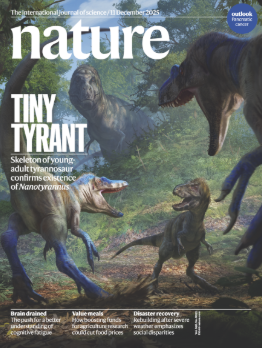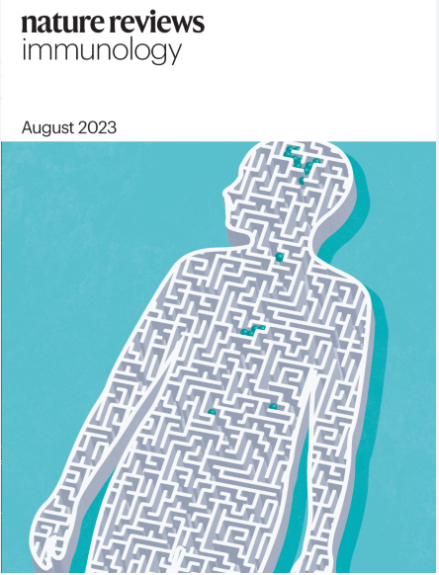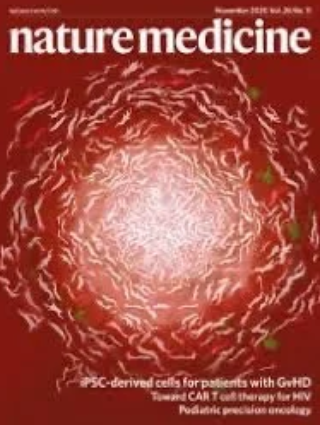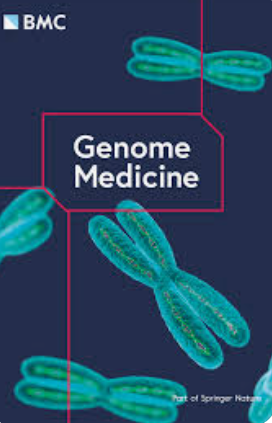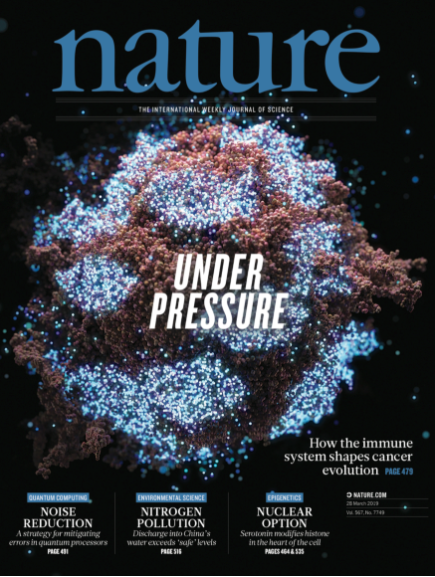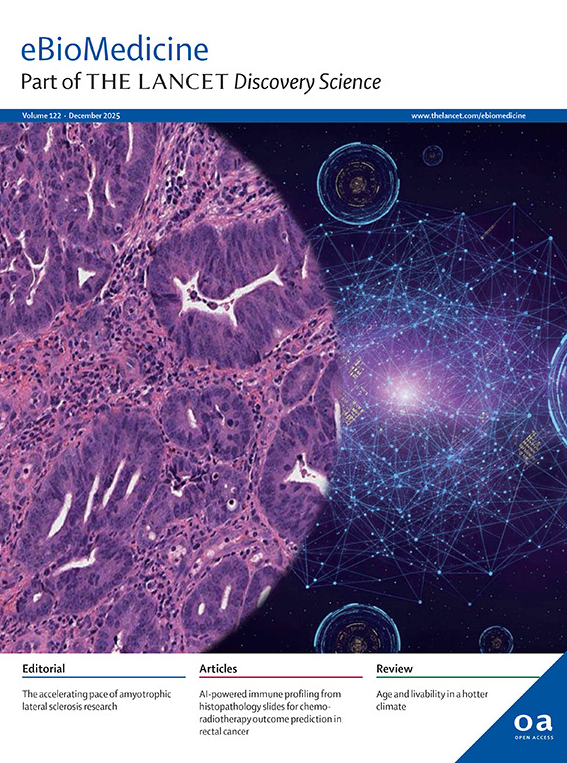Impact
Our Approach to Impact
At ImmSilico, impact is defined by improved scientific decision-making in complex and uncertain contexts.
We work with organisations facing high-stakes questions in immunology—where experimental design, data interpretation, and strategic direction directly influence discovery, translation, or policy.
Our contribution is not measured by volume or scale, but by clarity, robustness, and long-term value of the decisions we help inform.
Where Impact Occurs
Academic & Translational Science
Supporting research programmes to align biological questions with appropriate experimental and computational strategies, reducing uncertainty and improving interpretability from early design through analysis.
How Impact Is Delivered
Biotechnology & Pharmaceutical
Advising on experimental platforms, data integration strategies, and scientific direction to support robust discovery, validation, and translational decision-making.
Funding Bodies & Policy Contexts
Providing senior scientific input to inform funding priorities, evaluation frameworks, and strategic directions in immunology and data-driven biology.
Impact is achieved through close engagement with scientific leadership, careful interrogation of assumptions, and integration of experimental, computational, and biological perspectives.
We operate independently, without attachment to specific technologies or platforms, ensuring advice is guided by scientific integrity rather than solution advocacy.
We welcome engagement where thoughtful scientific input can meaningfully shape outcome.
Selected Scientific Contributions
ImmSilico’s scientific leadership has contributed to influential work published in leading journals across immunology, translational medicine, and data-driven biology.
Molecular & Cellular Constitutes of Fistulae
Predicting T Cell Specificity
Checkpoint inhibitor-bound target T cells
Structural configurations of T Cell Receptors
Colonic CD8+ T cells in ulcerative colitis
Peptide Immunogenicity Prediction
Colonic epithelial cell in IBD
T Cell Cross Reactivity in Skin Inflammatory Diseases
Human Intestinal Development
T Cell Response to Influenza Vaccination

